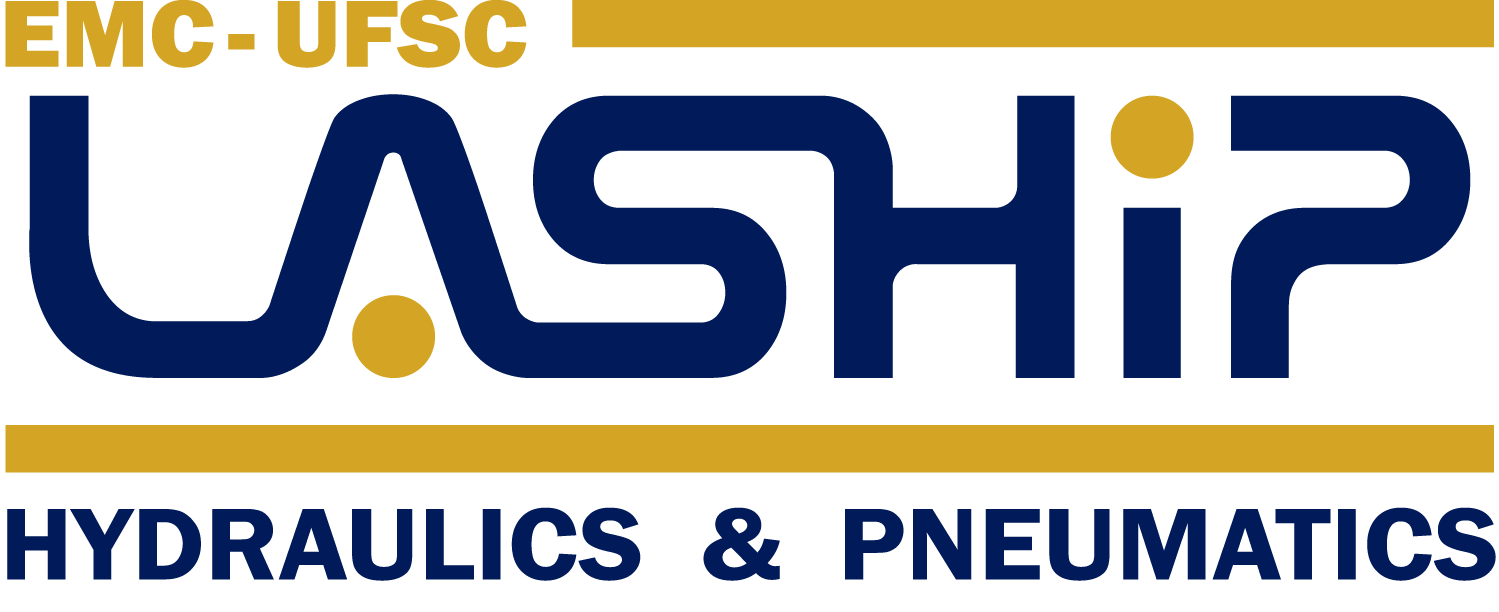Candidate: Eduardo André Perondi
Program: UFSC / POSMEC
Date: October, 2002
Advisor: Raul Guenther (LRRG / UFSC)
Abstract: Pneumatic actuators are relatively simple to operate, cheap, clean, lightweight, and easy assembling devices. They also present a force/weight ratio that makes them quite attractive for applications in robotics. However, in precise position control systems applications, the nonlinearities of the pneumatic systems and the difficulties of obtaining precise pneumatic models have been hindering the practical use of these systems. It has been verified that the standard controllers deficiencies, when applied to a servopneumatic drive, consist of gains tuning difficulties, robustness lack under payload variations and great sensibility to the friction effects. The main objective of this thesis is to verify whether it is possible to overcome these difficulties through feedback control with the appropriate synthesis of nonlinear control algorithms. In order to accomplish this task, we initially developed a nonlinear accurate model of a pneumatic servo drive with friction. To deal with the nonlinear airflow relationship between the pneumatic valve’s driving voltage and the upstream/downstream pressures, an empirical model based on the flow nozzle formula is developed. A suitable model structure for friction (the so called Lugre model) is used as basis for the friction forces identification. This friction model takes into account the major known macroscopic friction nonlinear behavior, and its structure is suitable to be used in model based robust on-line friction observation and compensation schemes. Using the appropriate system model and the available knowledge on pneumatic servodrives control problems, we propose a cascade control strategy to overcome the several structural dynamics problems of the pneumatic system, including the friction effects. Other researchers have successfully used this cascade strategy, without friction compensation, in electrical robots and in hydraulic actuators control. Such strategy consists in dividing the whole model into two subsystems – a mechanical subsystem and a pneumatic one. We present the cascade control stability properties with friction compensation and its confirmation through simulation and experimental results.
PERONDI, E. A. Controle Não-linear em Cascata de um Servoposicionador Pneumático com Compensação do Atrito. 2002. Tese (Doutorado em Engenharia Mecânica). 178 p. Universidade Federal de Santa Catarina. Florianópolis.


